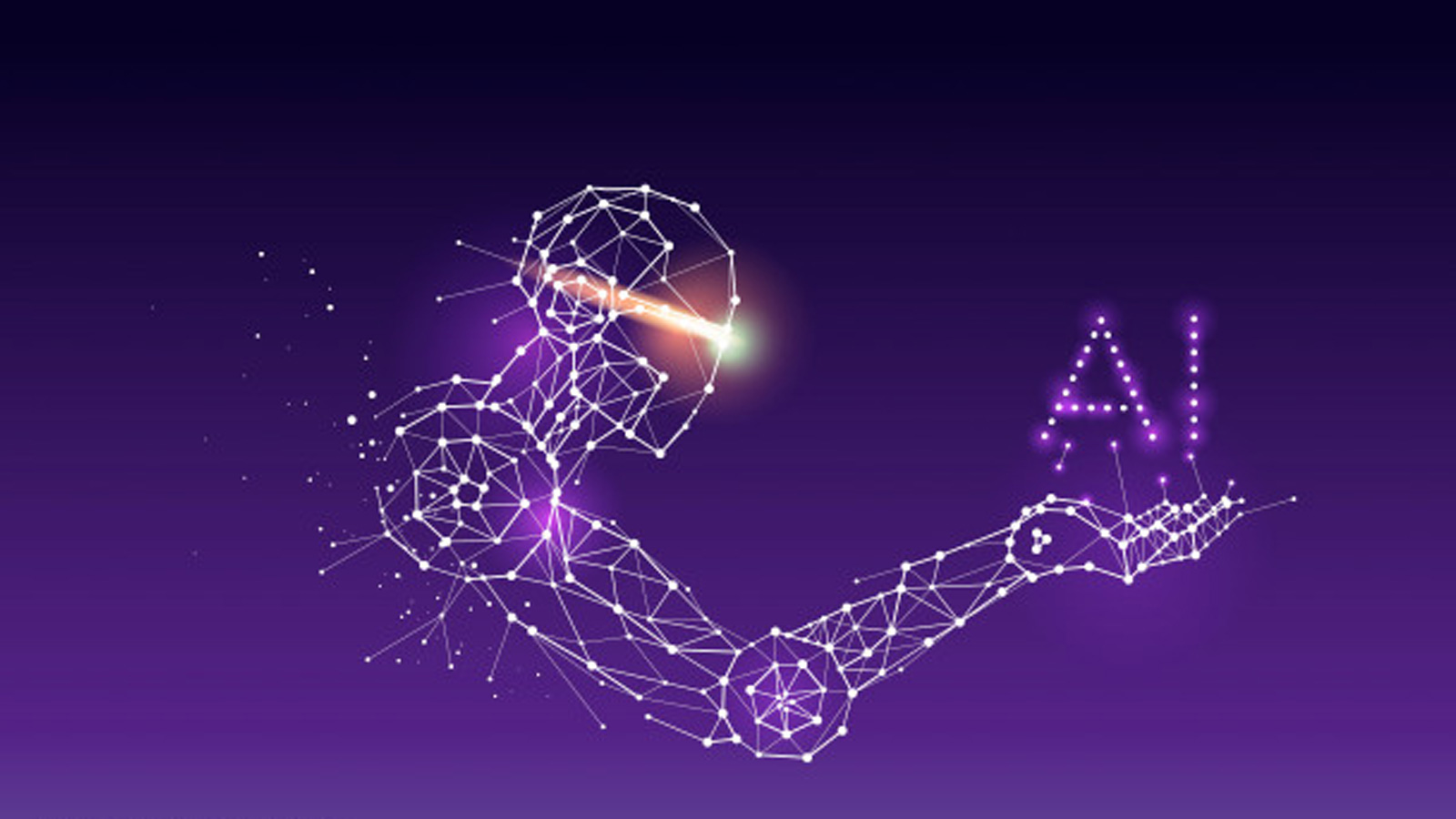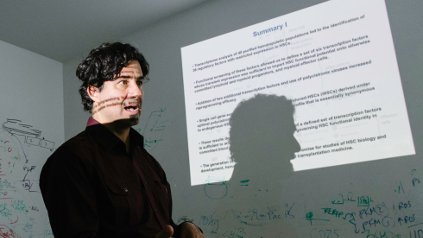The Digital Revolution gets all the headlines these days. But turning slowly beneath the fast-forward turbulence, steadily driving the gyrating cycles of cool technogadgets and gotta-haves, is a much more profound revolution – the Network Economy. This emerging new economy represents a tectonic upheaval in our commonwealth, a social shift that reorders our lives more than mere hardware or software ever can. It has its own distinct opportunities and its own new rules. Those who play by the new rules will prosper; those who ignore them will not. The advent of the new economy was first noticed as far back as 1969, when Peter Drucker perceived the arrival of knowledge workers. The new economy is often referred to as the Information Economy, because of information’s superior role (rather than material resources or capital) in creating wealth. Kevin Kelly prefers the term Network Economy, because information isn’t enough to explain the discontinuities we see. We have been awash in a steadily increasing tide of information for the past century. Many successful knowledge businesses have been built on information capital, but only recently has a total reconfiguration of information itself shifted the whole economy. According to him, all the most promising technologies making their debut now are chiefly due to communication between computers – that is, to connections rather than to computations. And since communication is the basis of culture, fiddling at this level is indeed momentous. We are now engaged in a grand scheme to augment, amplify, enhance, and extend the relationships and communications between all beings and all objects. That is why the Network Economy is so important. The new rules governing this global restructuring revolve around several axes. First, wealth in this new regime flows directly from innovation, not optimization; that is, wealth is not gained by perfecting the known, but by imperfectly seizing the unknown. Second, the ideal environment for cultivating the unknown is to nurture the supreme agility and nimbleness of networks. Third, the domestication of the unknown inevitably means abandoning the highly successful known – undoing the perfected. And last, in the thickening web of the Network Economy, the cycle of “find, nurture, destroy” happens faster and more intensely than ever before. The Network Economy is not the end of history. Given the rate of change, this economic arrangement may not endure more than a generation or two. Once networks have saturated every space in our lives, an entirely new set of rules will take hold. Take these principles, then, as rules of thumb for the interim.
Related Articles
Carnegie Institution for Science
who is Adela Navarro Bello?
it works wonders both for media and politics
Les nouveaux meilleurs amis des agriculteurs bio
choosing the activists you want to support and the dictators you want to weaken
Teachers, time to Try some Science
free and engaging lessons for teachers
An Ethical Approach to AI is an Absolute Imperative
Artificial Intelligence (AI) systems do what we tell them to do; Without an understanding of human values and ethics, AI systems are useless and even dangerous, argues Professor Andreas Kaplan in his article for OLBIOS.
the Samasource project, crowdsourcing and Leila Janah
Life-saving efforts of the scientist
Derrick Rossi is not far from the solution
How does science benefit society?
an impressive research centre in Sweden
![]()
STAY IN TOUCH
SUBSCRIBE TO OUR NEWSLETTER
AND RECEIVE OUR LATEST STORIES










